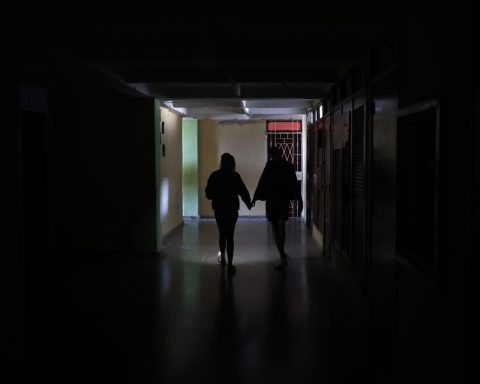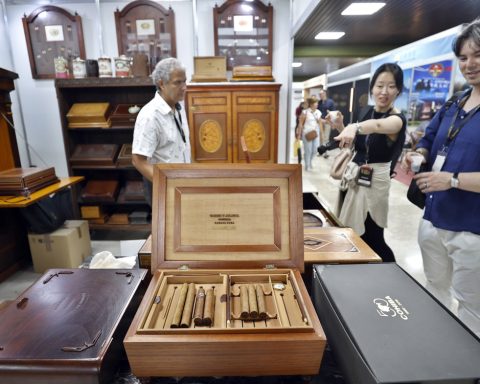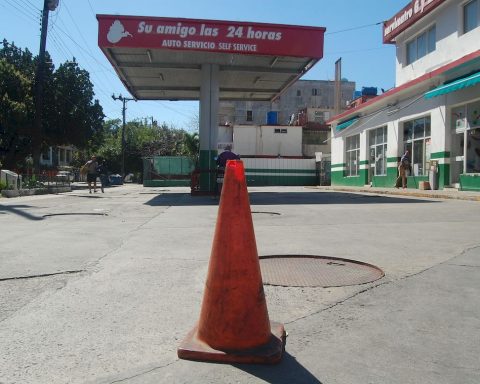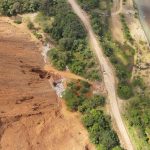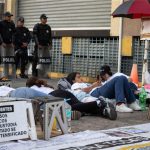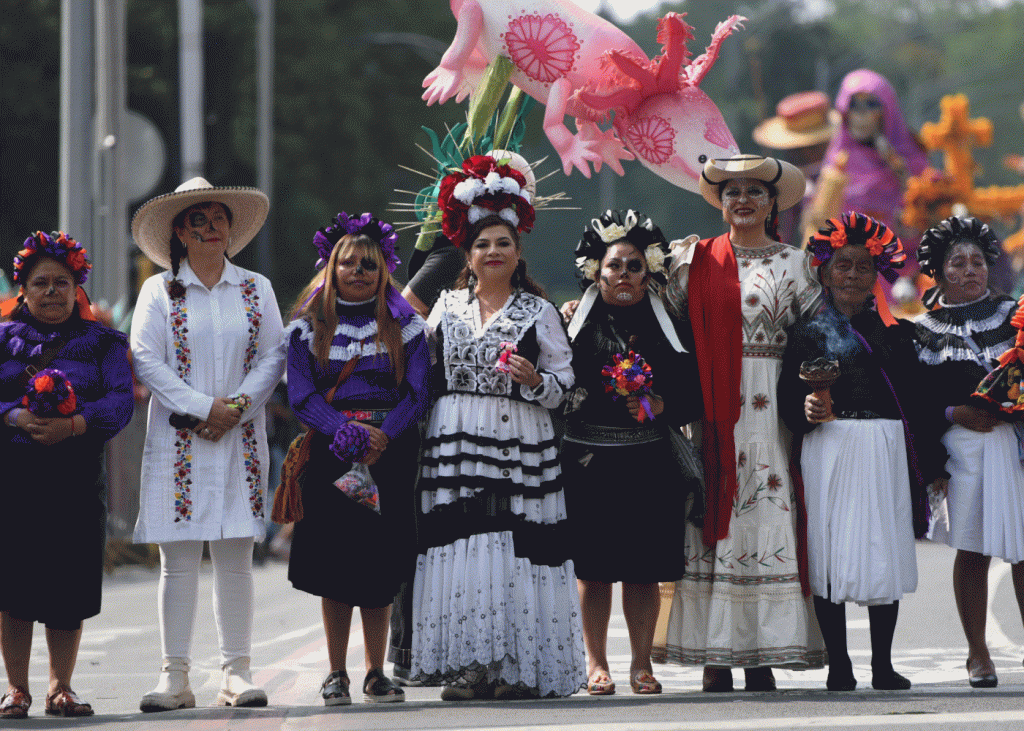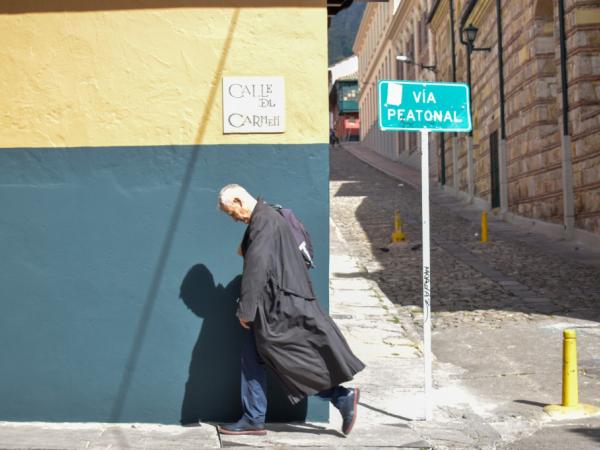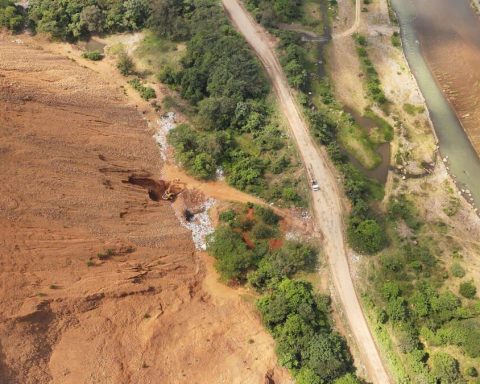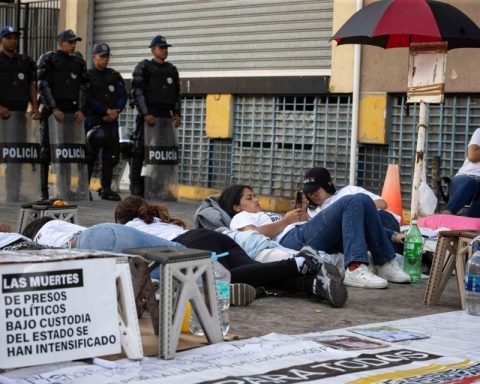AREQUIPA, Peru – The National Office for the Control of the Rational Use of Energy confirmed that at one in the morning this Sunday, November 3, the clocks must be turned back one hour to restore normal hours throughout Cuban territory.
With its application there will be a greater use of artificial light, which increases the demand for electricity during the electrical peak time, which will occur between five in the afternoon and nine at night, added the institution of the Ministry of Energy and Mines, in your information for the Cuban News Agency (ACN).
The fact worries Cuban authorities, especially in the midst of the existing energy crisis on the Island, marked by low electricity generation capacity and lack of fuel.
In this regard, and in the midst of blackouts that in many provinces occupy most of the day, the regime drew attention to “the need to promote savings, both in homes and in the workplace.”
This concludes summer time in the Atlantic zone, which has been applied in Cuba for years with the purpose of contributing to its impoverished economy.
The initiative to modify it is due to the greater use of sunlight in daily activities, Professor Luis Enrique Ramos Guadalupe, coordinator of the History Commission of the Cuban Meteorological Society, commented in his comments to ACN.
Ramos Guadalupe offered interesting details on the matter, explaining that instead of taking the official time of the 75th meridian west of Greenwich (UTC -5), the time of the 60th meridian (UTC -4) is assumed, the center of the time zone that crosses virtually over the eastern end of Canada, the Lesser Antilles, Venezuela, western Brazil and Bolivia. The option to advance it is associated with natural causes, such as the shape of the Earth, the inclination of its axis of rotation, the extension of the Earth’s orbit and its translation speed, he explained.
He mentioned the background of the case, remembering that the first advance of the time in Cuba occurred on June 2, 1939 by Presidential Decree 1185, by Colonel of the Liberation Army Federico Laredo Brú, who assumed the highest legislature in 1936 in constitutional succession as vice president. of the Republic.
However, for reasons of latitude and long duration of their daylight interval, other Central American countries such as Aruba, Belize, Costa Rica, El Salvador, Guatemala, Honduras, Jamaica and Panama, do not adopt daylight saving time.

